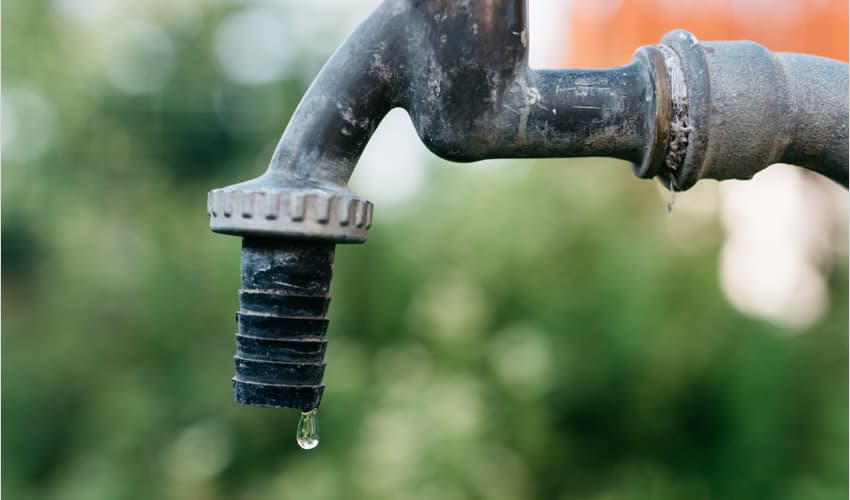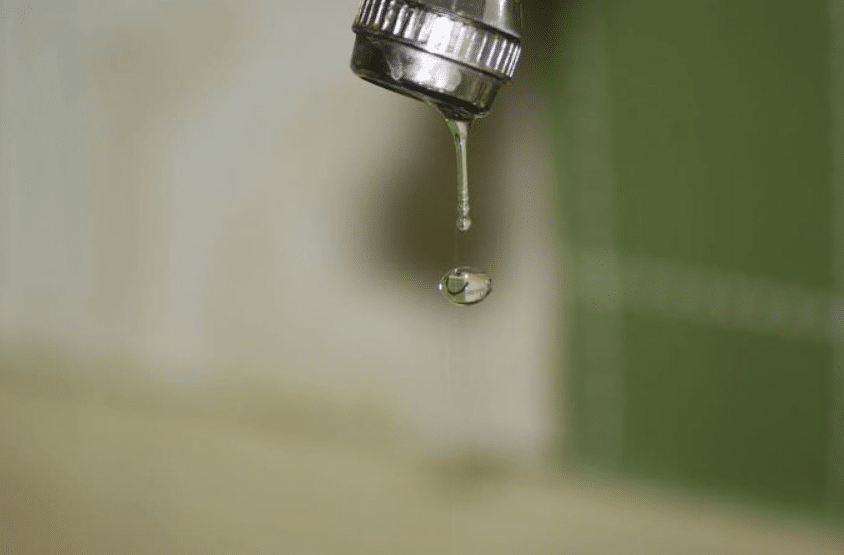The Residential Principal Typical Causes of Leak Problems: Thorough Investigation
The Residential Principal Typical Causes of Leak Problems: Thorough Investigation
Blog Article
Are you currently trying to locate help and advice about How to detect water leaks in your home?

Leaks not just cause waste of water but can also create unneeded damage to your residence as well as advertise unwanted natural development. By looking as well as comprehending for day-to-day situations that trigger leaks, you can protect your house from future leaks and unnecessary damages.
Instantaneous temperature level modifications.
Extreme temperature changes in our pipelines can create them to increase and contract unexpectedly. This growth and also tightening might trigger fractures in the pipelines, particularly if the temperature are below freezing.
Corroded water systems
This could be the cause of staining or warping on your water pipelines. If our plumbing system is old, take into consideration replacing the pipes given that they are at a greater danger of deterioration than the newer designs.
Malfunctioning Pipe Joints
Pipeline joints can degrade over time, resulting in water leaks. If you have noisy pipelines that make ticking or banging noises, especially when the hot water is turned on, your pipeline joints are possibly under a great deal of stress.
Encroaching origins
Most water leaks start outside your house as opposed to inside it. If you see an unexpected decrease in water pressure, say in your faucet, take time to head out and examine your lawn. You may observe wet patches or sinkholes in your backyard, and that might imply that tree origins are attacking water lines creating water to permeate out. You can have your plumber check for intrusion, specifically if you have trees or shrubs near your property.
Poor Water Connectors
Sometimes, a leakage can be caused by loose hose pipes as well as pipelines that provide your devices. Typically, moving is what triggers the loose water Connections. You might locate when it comes to a cleaning equipment, a tube might spring a leak due to shaking throughout the spin cycle. In case of a water links leak, you may see water running straight from the supply line or puddles around your appliances.
Obstructed Drains
Clogged drains pipes may be frustrating and also inconveniencing, but they can occasionally end up causing an overflow leading to rupture pipelines. Maintain eliminating any products that may go down your drains that can obstruct them to prevent such inconveniences.
All the above are sources of leaks but not all water leaks arise from plumbing leakages; some leakages may originate from roof leakages. All leakages need to be fixed instantly to prevent water damage.
Leaks not just create waste of water however can likewise trigger unnecessary damages to your house as well as promote undesirable organic development. By recognizing as well as looking for daily situations that trigger leaks, you can shield your house from future leakages and unneeded damage. Today, we will certainly look at 6 leak creates that may be triggering your pipelines to drip.
At times, a leakage can be created by loose pipes and pipes that supply your devices. In instance of a water links leakage, you may observe water running straight from the supply line or puddles around your appliances.
How To Check For Water Leak In Your Home
How To Check for Leaks
The average household's leaks can account for nearly 10,000 gallons of water wasted every year and ten percent of homes have leaks that waste 90 gallons or more per day. Common types of leaks found in the home are worn toilet flappers, dripping faucets, and other leaking valves. These types of leaks are often easy to fix, requiring only a few tools and hardware that can pay for themselves in water savings. Fixing easily corrected household water leaks can save homeowners about 10 percent on their water bills.
To check for leaks in your home, you first need to determine whether you're wasting water and then identify the source of the leak. Here are some tips for finding leaks:
Take a look at your water usage during a colder month, such as January or February. If a family of four exceeds 12,000 gallons per month, there are serious leaks.
Check your water meter before and after a two-hour period when no water is being used. If the meter changes at all, you probably have a leak.
Identify toilet leaks by placing a drop of food coloring in the toilet tank. If any color shows up in the bowl after 10 minutes, you have a leak. (Be sure to flush immediately after the experiment to avoid staining the tank.)
Examine faucet gaskets and pipe fittings for any water on the outside of the pipe to check for surface leaks.
Undetected water leaks can happen without the home or business owner even realizing. If you suspect a water leak, but not able to find the source. It is time to contact a professional water leak detection service, The Leak Doctor.
How To Find a Water Leak In Your Home
https://www.leakdoctor.com/blog/How-To-Check-For-Water-Leak-In-Your-Home_AE197.html

As a serious reader on Top Causes of Home Water Leaks, I figured sharing that piece of content was beneficial. Sharing is nice. Who knows, you will be doing someone a favor. Thanks so much for going through it.
Plumbing SOS? Reach out! Report this page